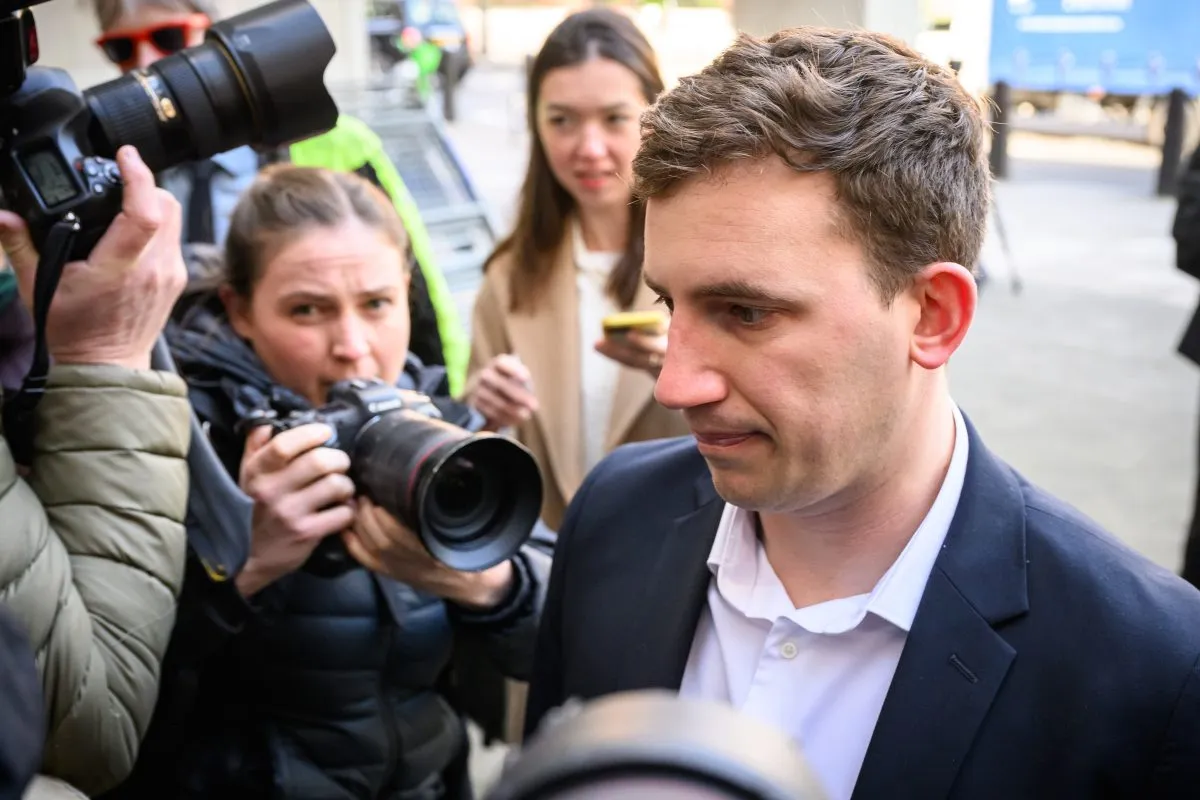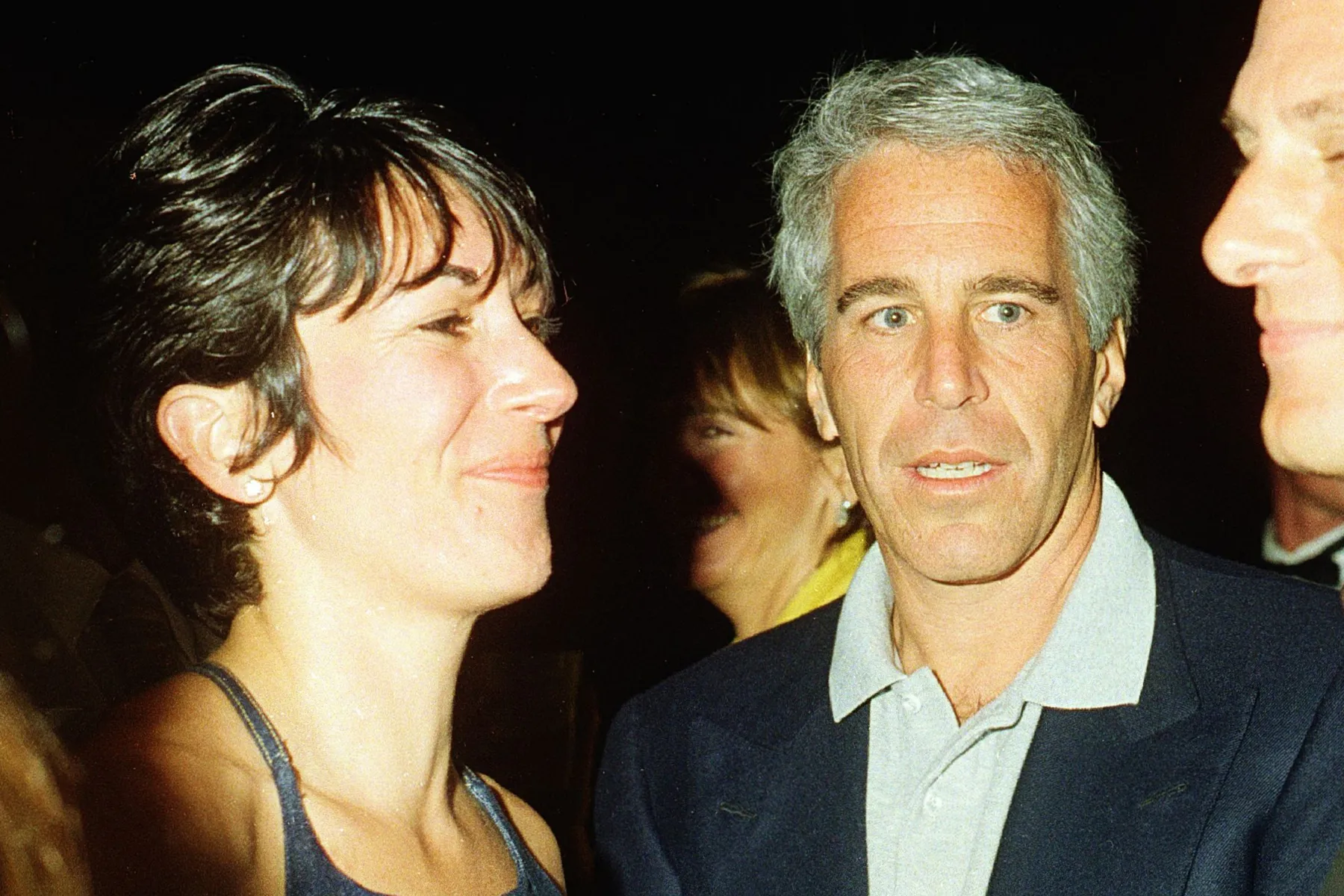By Leon Neal,Maria Ward-Brennan
Copyright cityam

Whitehall is seething with anger following the Crown Prosecution Service’s (CPS) decision to drop its espionage case against two men accused of spying for China.
Christopher Cash (30), a former parliamentary researcher and director of the China Research Group, and Christopher Berry (33), a former English teacher in China, were charged last year with providing prejudicial information to a foreign state, China.
In a statement last April, the CPS’s Counter Terrorism Division authorised the Metropolitan Police to charge two men with espionage offences. They were charged under the Official Secrets Act for allegedly collecting and passing on information that could be useful to an enemy.
However, one month before the trial was meant to begin, the case collapsed after the prosecutor, Tom Little KC, told the judge at the Old Bailey on Monday, “We simply cannot continue to prosecute this case.”
Following the prosecutor’s statement to the court that the CPS had no evidence against the pair, the judge delivered “not guilty” verdicts for both men, resulting in their acquittal of the charge.
The move and the lack of clarity on why the CPS could not offer any evidence has caused outrage amongst MPs, with questions raised about the UK government’s role.
Former security minister Tom Tugendhat and four other MPs wrote to Stephen Parkinson, the director of public prosecutions, asking for details on the decision to drop the case.
This comes as Downing Street has been accused of softening its approach to Beijing in the hope of improving the economic relationship.
The Prime Minister’s official spokesperson said on Monday that “it is extremely disappointing” that Cash and Berry were not facing charges.
“Obviously, the decision, made rightly independently of government by the CPS, as I say, will be disappointing to people that they will not face trial, and it doesn’t change our approach more generally to national security or to China, which always puts UK interests, national security interests, first,” they added.
Questions raised as anger spreads
The Times reported that security experts are questioning whether the specific charge under the Official Secrets Act of passing information to an “enemy” was a sticking point.
The 1911 Act criminalised acts “useful to an enemy”, but the UK government does not classify China as an enemy state.
As of December 2023, the legislation was replaced by the National Security Act, which contains wider powers to prosecute hostile state activity.
However, as Adam King, barrister at QEB Hollis Whiteman Chamber, explained to City AM, “Acts of Parliament do not generally have retrospective effect, criminal statutes in particular. The National Security Act 2023 is no exception.”
“The substantive offences in that Act came into force on 20th December 2023, so cannot be used to prosecute any conduct that took place before that date,” he added.
Questions have been circulating on whether Cash and Berry could be recharged under the National Security Act instead; however, double jeopardy may be a thorn in the side of any case.
King pointed out that the double jeopardy rule is not absolute, but it is very strict.
“Once a ‘Not Guilty’ verdict has been entered, it is extremely difficult to prosecute someone again on the same set of facts. And that applies whether the ‘Not Guilty’ verdict comes from a jury after a trial, or from a judge before a trial when the Crown offers no evidence at a late stage,” he explained.
“Some serious offences can be tried a second time if there is ‘new and compelling’ evidence – but espionage is currently not one of them,” he added.
As tensions continue to flare over the dropping of an espionage case, Politico reported in its Playbook on Wednesday that the Speaker of the House of Commons, Lindsay Hoyle, is so furious he has asked colleagues whether a private prosecution could be brought.
To initiate private prosecution, a party must apply to a Magistrates’ Court for the issuance of a summons or warrant, accompanied by a written summary of the alleged offence and supporting legislation.
However, the likelihood of that happening in this case is low, as ‘double jeopardy’ also applies to private prosecutions, subjecting them to the same rules and protections as public prosecutions.



